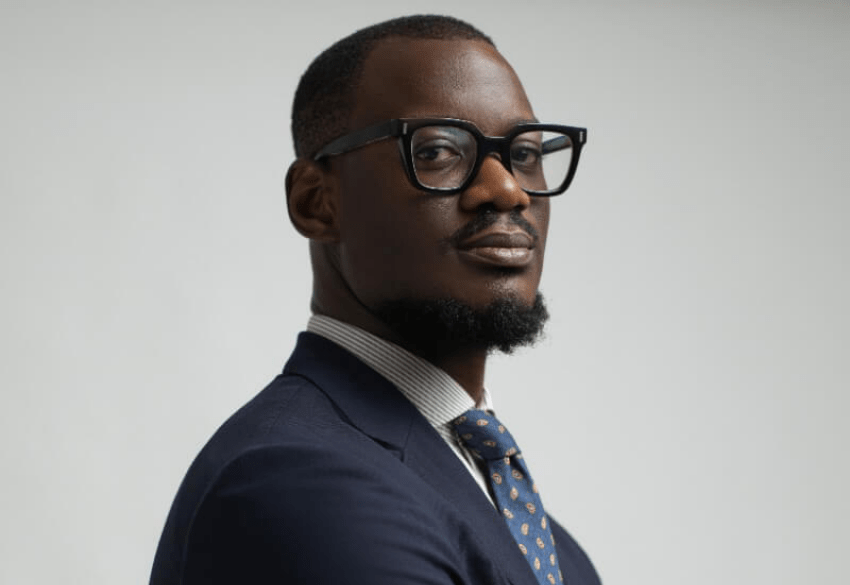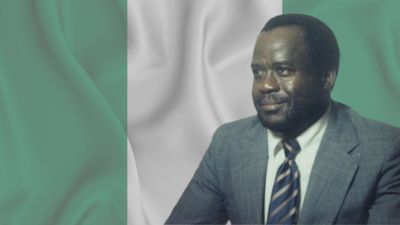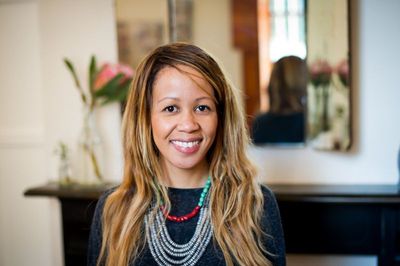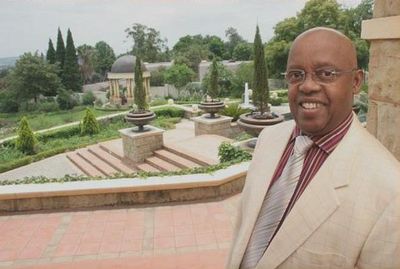Afrika's digital technology startup and innovation ecosystem has evolved a lot over the past decade or so. If you have been around the sector for that long or even longer you'd agree to this and be encouraged by how it has turned out. Not only are startups being well funded but there are also exit opportunities, not to mention that the startups themselves are, for the most part, sustainable businesses now.
Parallel to this has also been the coverage of the sector. While traditional media has been and continues to, grapple with understanding the sector and how to report on it beyond just the hype, widgets, and the typical "youth in technology" narratives, there has been an emergence of several media companies dedicated to covering innovation and startups across Afika with nuance and understanding of the context they operate in.
One such company is Nigeria's Big Cabal Media (BCM).
Started by Bankole Oluwafemi who would a year or so later be joined by Seyi Taylor as CEO and Co-founder, BCM published what has become one of the influential tech publications on Afrikan tech innovation and startups - TechCabal. BCM would also go on to launch several content plays including the popular and viral Zikoko.
As years went by and BCM became a serious business, Tomiwa Aladekomo joined the company as CEO to take the company to the next level. One such milestone is the announcement that BCM had raised $2,3 million in Seed Series funding in order to grow its audiences and expand its offerings. I had an interview with Tomiwa to learn more about BCM's plans for the future as well as the media business across Afrika in general.
Interview with Tomiwa Aladekomo
CEO of Big Cabal Media
iAfrikan.com: Congratulations on your Seed Series fundraise. Do you think it's about time Afrikan digital media businesses were treated just like the startups they cover?
Tomiwa Aladekomo, CEO of Big Cabal Media: I think the work here lies with media businesses ourselves. The challenge is to find business models that allow us to scale. The media business is challenging globally but over the last 5 years, we’ve seen a range of focused and experimental new media businesses find models that allow them to deliver really strong investor returns and build fast-growing sustainable businesses. That is the mission we’ve set ourselves at Big Cabal and is the challenge that media companies across the continent have to steel themselves to conquer.
What are some challenges you face as a digital media business on the continent?
Talent has possibly been our biggest challenge. It takes a really capable team to deliver work at the quality level that we aspire to, and we’ve had to be very innovative to find the people who will help us accomplish our mission. We’ve always found and hired great people, but retention has frequently been a challenge as these people grow beyond our capacity to remunerate and keep them. We’re excited about this funding, and our growing capacity as a business, as we are better able to compete better in the marketplace for talent, and to chase and retain high performers from a range of backgrounds.
Macroeconomic conditions are also always a concern of ours, with Nigeria and other economies on the continent facing a range of headwinds. We’ve broadened our products and services and geographical focus to make us more robust as a business, and we continue to innovate and think very deeply about how to build a business that thrives in any economic condition.
Is it possible to scale a digital media business and content across the continent given the cultural and language differences?
The varied languages definitely make it more challenging, but I believe it's possible to build a publication that’s valuable to large swathes of the continent. While speaking to the entire continent in their native languages may not be realistic`, it’s possible to create content for a few key languages used as lingua franca across the continent - French, Swahili, Arabic perhaps. For TechCabal, we’re exploring our strategy for covering Francophone Africa more comprehensively and in French. Over time, we’ll develop strategies to deepen our reach across the continent even more.
The world has become used to free online content but producing quality content is expensive. Do you think advertising is sufficient as a business model?
We’ve always seen advertising as a critical but insufficient revenue basis for a successful media business. Our thesis is that we can build high-engagement media brands in valuable niche spaces, and build products and services - like Tech Women Lagos and Jollof Road - to serve audiences, advertisers and other partners. Broadening our revenue mix is a key part of that strategy, and has led to the development of units like Cabal Creative, our in-house content studio that has produced content for global brands such as Google, Uber and Coca-Cola; and TC Insights, a data analytics consulting service focused on custom research, industry strategy and digital transformation project. The revenue from these projects and units helps to drive our editorial ambitions.
Are there any innovative business models that are different from Silicon Valley that are being explored by media businesses across Afrika?
We see technology as a critical driver of growth for the business, both in enabling us to deliver first-in-class editorial content, but also as a potential part of revenue. Part of what this investment will fund is the development of an evolved version of Zikoko Memes, a Giphy-like product focused on African memes, gifs, and images, that we first launched in 2020 and has shown great promise.
In conclusion, what would you like to say?
We’re excited to be building a media company with global ambitions and global capabilities from Africa. Big Cabal Media’s journey has only just begun. Follow us as we create a new vision for what is possible in media-tech on the continent.
— By Tefo Mohapi







